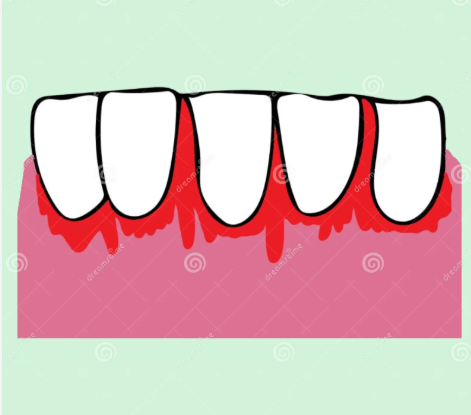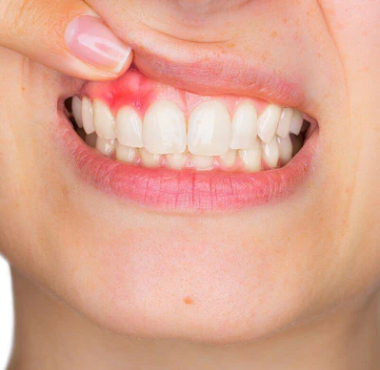
Scurvy is a disease caused by a severe deficiency of vitamin C (ascorbic acid), which is essential for collagen formation in the body. Without enough vitamin C, connective tissues weaken, leading to symptoms such as fatigue, swollen and bleeding gums, loose teeth, easy bruising, poor wound healing, and anemia. It is most often seen in people with very limited diets lacking fresh fruits and vegetables.
Causes of Scurvy
Poor diet
- Lack of fresh fruits and vegetables (oranges, lemons, strawberries, peppers, etc.).
- Diets heavy in processed or preserved foods with little vitamin C.
Alcoholism or substance abuse
- Poor nutrition and reduced vitamin absorption.
Eating disorders (e.g., anorexia, restrictive diets).
Medical conditions
- Malabsorption disorders (e.g., Crohn’s disease, celiac disease).
- Certain cancers or kidney disease affecting nutrition.
Infant feeding issues
- Babies fed unsupplemented cow’s milk formula (which has very little vitamin C).
Elderly or socially isolated individuals
Limited access to fresh foods or poor dietary habits.

Scurvy symptoms
Early Symptoms
- Fatigue, weakness
- Irritability, mood changes
- Loss of appetite
- Mild joint or muscle pain
Progressive Symptoms
- Swollen, spongy, and bleeding gums
- Loose teeth or tooth loss
- Small pinpoint bleeding spots on skin (petechiae)
- Easy bruising
- Slow wound healing
- Dry, rough skin and hair that breaks easily (“corkscrew hairs”)
Severe / Advanced Symptoms
- Anemia (low red blood cells)
- Severe pain in joints and bones
- Swelling in legs (edema)
- Frequent infections (weakened immunity)
- Internal bleeding (can be life-threatening if untreated)
Treatment:
Vitamin C supplementation
- Standard dose: 100–500 mg of vitamin C per day (oral tablets or chewable).
- Symptoms usually improve within a few days; full recovery takes 1–2 weeks.
Dietary improvement
- Include vitamin C–rich foods such as:
- Citrus fruits (oranges, lemons, limes)
- Strawberries, kiwis, guavas
- Tomatoes, bell peppers, broccoli, cabbage
- Helps maintain long-term vitamin C levels and prevent recurrence.
